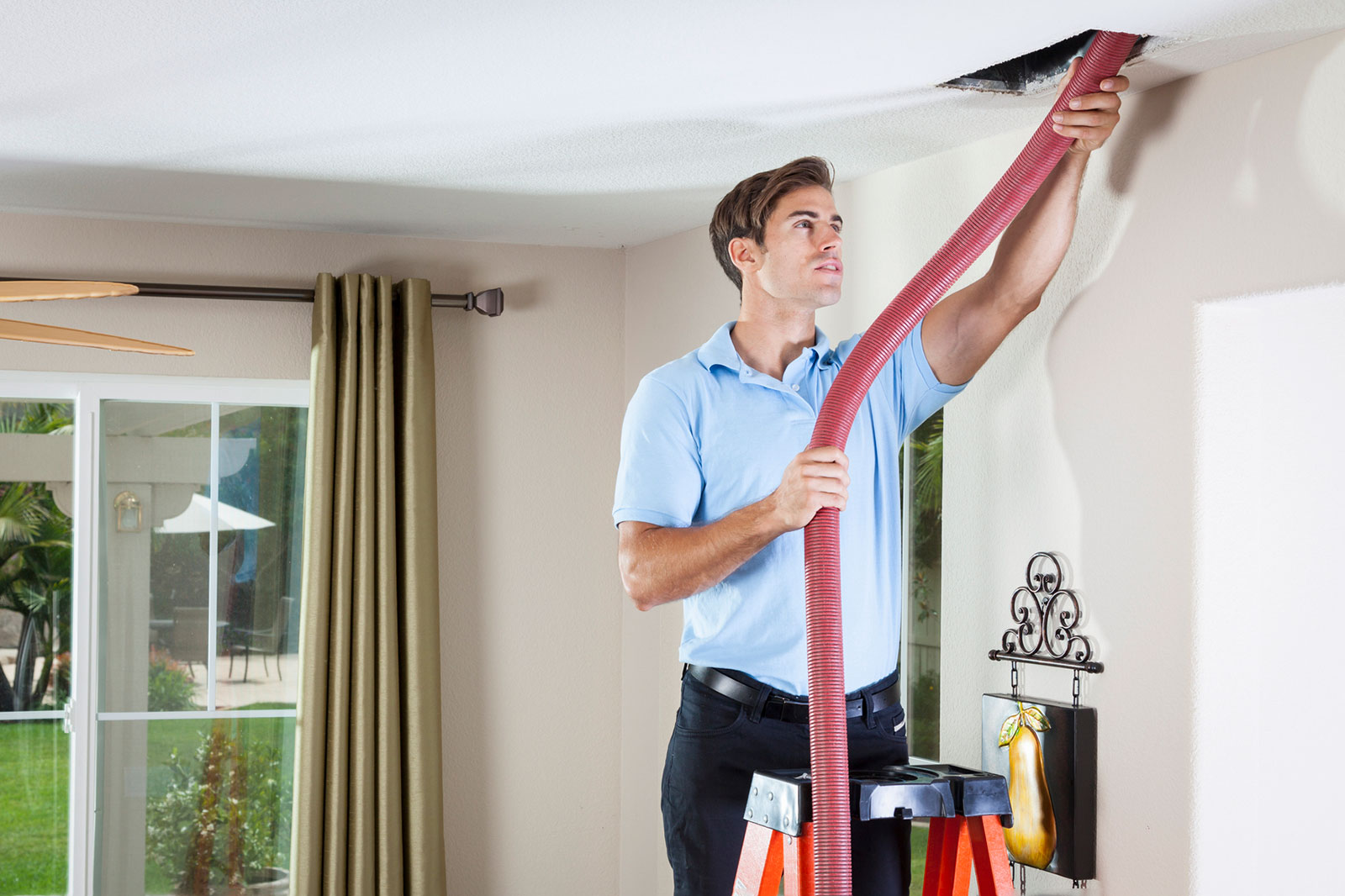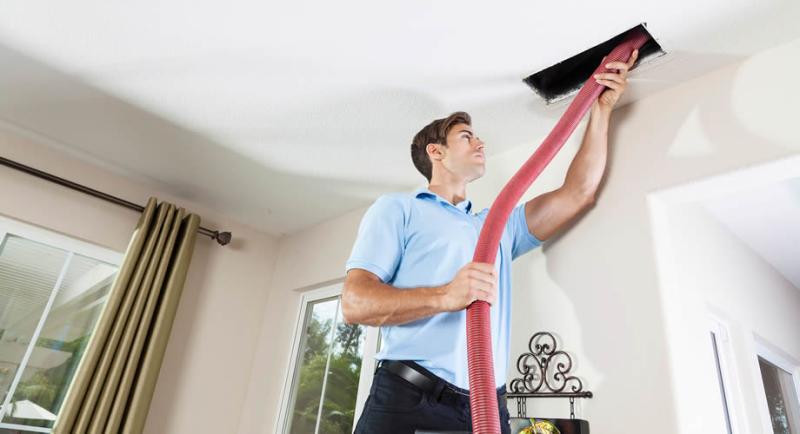Introduction to Carrier HVAC Systems
When looking to upgrade or install a new HVAC system, one question looms large: how much does a Carrier HVAC system cost? For homeowners and business owners alike, this is a pivotal concern. Carrier, a reputed name in the HVAC industry, offers a wide range of systems that are known for their efficiency and advanced technology. Understanding the costs associated with these systems can help you make an informed decision that suits your needs and budget.
Factors Influencing the Cost of Carrier HVAC Systems
Type of System
The first factor to consider is the type of Carrier HVAC system you need. Carrier offers various models, including central air conditioners, heat pumps, furnaces, and package units. Each type comes with its price range.
Size and Capacity
The size and capacity of the HVAC system play a crucial role in determining its cost. Larger systems designed to cover more space will obviously be more expensive. Choosing the right size ensures efficiency and affects the initial installation costs.
Energy Efficiency
Energy-efficient models, while more costly upfront, can save you money in the long run by lowering your utility bills. Carrier’s high-efficiency models come with advanced features but are priced higher than standard units.
Installation Costs
Installation is another significant factor. Depending on the complexity of the installation process and the labor rates in your area, this can add substantially to the overall cost.
Additional Features
Modern Carrier HVAC systems come with a plethora of additional features like smart thermostats, variable-speed motors, and advanced filtration systems, which can drive up the cost but offer greater comfort and efficiency.
Breaking Down the Costs
Costs for Central Air Conditioners
Central air conditioners are popular in many homes. The cost for a Carrier central air conditioner can range from $3,000 to $7,500, including installation. Models like the Carrier Infinity series are at the higher end of this range.
Costs for Heat Pumps
Heat pumps are versatile and energy-efficient. For a Carrier heat pump system, you can expect to pay between $4,000 and $10,000. The cost can vary based on the model and its features.
Costs for Furnaces
The cost of a Carrier furnace typically ranges from $2,500 to $6,000. High-efficiency models will be on the upper end of this price range. Furnaces are essential for homes in colder climates.
Costs for Package Units
Package units combine heating and cooling in one unit and are often used in commercial settings, but they can also be suitable for homes. These units can cost between $5,000 and $10,000.
Cost Comparison with Other Brands
Comparing Carrier with other brands like Trane, Lennox, and Goodman can provide a clearer picture of its pricing structure. While Carrier is often positioned as a premium brand, its costs are generally inline with the top-tier offerings from these competitors.
Additional Costs to Consider
Maintenance Costs
Regular maintenance is necessary to keep your Carrier HVAC system in top condition. This includes periodic inspections, filter changes, and any necessary repairs. You should budget around $150 to $500 annually for maintenance.
Operating Costs
Operating costs are ongoing expenses related to your HVAC system’s energy consumption. High-efficiency models will have lower operating costs compared to standard units.
Real-World Examples and Case Studies
Understanding the cost and benefits of Carrier HVAC systems becomes clearer with real-world examples. Case studies from homeowners and businesses reveal how much they spent and the overall satisfaction levels.
Funding and Financing Options
Many homeowners and businesses finance their HVAC systems. Carrier offers financing plans that can make it easier to afford a new system. These plans often come with low or no interest rates, making it a viable option for many.
Government and Local Rebates
Various rebates are available for energy-efficient HVAC systems. Check your local utility companies and government programs to see if you qualify for rebates that can offset the initial cost.
Pros and Cons of Carrier HVAC Systems
Pros
Carrier systems are known for their reliability, efficiency, and advanced features. They offer a wide range of models to suit different needs.
Cons
The primary drawback is the cost, as Carrier systems are generally more expensive than other brands. However, the additional features and long-term savings can justify the higher price tag.
Conclusion
So, how much does a Carrier HVAC system cost? The answer depends on various factors including the type of system, size, energy efficiency, and additional features you desire. While the initial investment may be high, the long-term benefits and reliability of Carrier systems make them a worthwhile consideration for any homeowner or business owner. With the various financing options and potential rebates available, upgrading your HVAC system can be an achievable goal.
For more detailed information on HVAC systems, consider visiting this resource page.
FAQs
What is the average lifespan of a Carrier HVAC system?
The average lifespan of a Carrier HVAC system is between 15 to 20 years, depending on maintenance and usage.
Are  Carrier HVAC systems energy-efficient?
Carrier HVAC systems energy-efficient?
Yes, Carrier offers a range of energy-efficient models that can help reduce your utility bills.
Do Carrier HVAC systems come with a warranty?
Carrier systems generally come with a 10-year limited parts warranty. However, terms may vary based on the model and location of purchase.
Can I finance a Carrier HVAC system?
Yes, Carrier offers financing options that can help you manage the cost of a new HVAC system.
For more insights and tips, you can visit duct cleaning, clean ducts, and flush HVAC.
